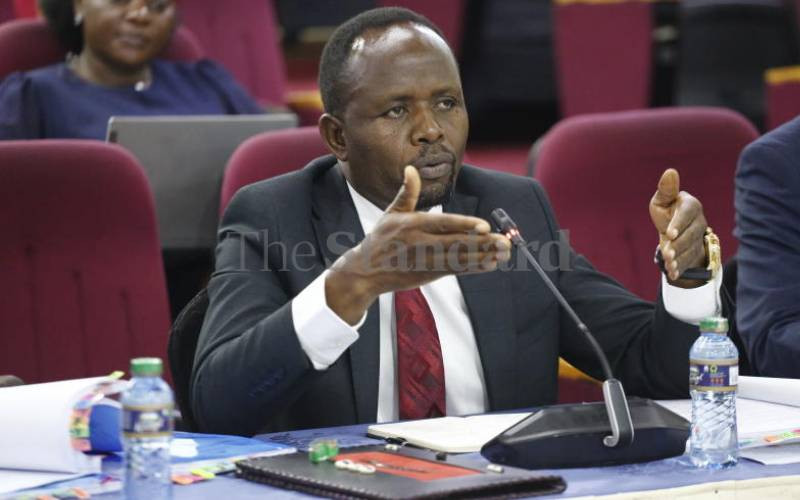
The clouds of the 2027 electoral season are gathering in Western Kenya. The rumbling has begun in the North West, with Governor George Natembeya's clarion call of the Tawe Movement. Tawe among the Luhya people is to say No. The movement is, accordingly, to say No to the established political order.
The Trans Nzoia Governor has chosen National Assembly Speaker Moses Masika Wetang'ula, as his entry point. His incessant bluster against Wetang'ula is, however, only the early calls of the trumpet ahead of 2027. They have potential for far-reaching significance for the region, and even farther beyond. At the very minimum, they are an early wake-up call for the legacy political kingpins and for others in faraway places.